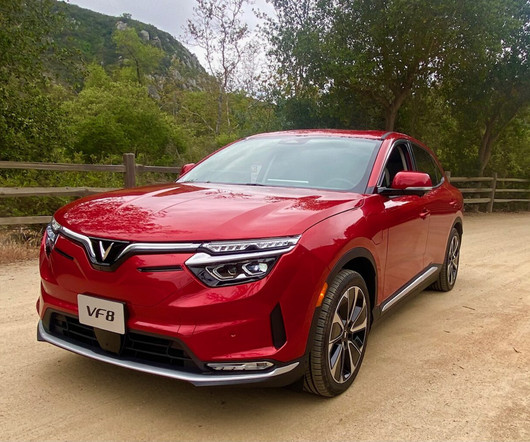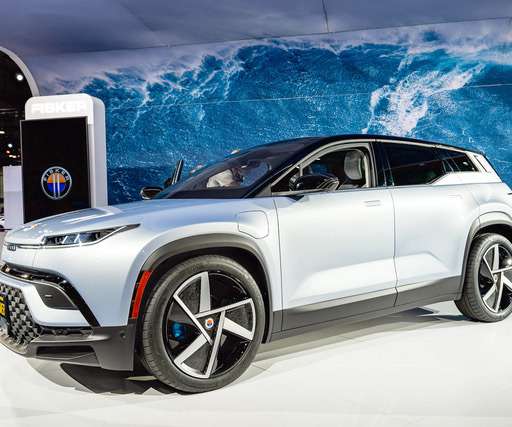R?sselsheim Engineering Center developing next four-cylinder gasoline engine generation for Groupe PSA; optimized for hybrids
Green Car Congress
JUNE 14, 2018
The Rüsselsheim Engineering Center will take on the global responsibility for the development of the next-generation of high-efficiency gasoline engines for all Groupe PSA brands (Peugeot, Citroën, DS Automobiles, Opel and Vauxhall). Market-introduction will begin in 2022. —Opel’s Managing Director Engineering, Christian Müller.


















Let's personalize your content